Looking for a best forex broker in India? Great! You have reached the right place.
Do you know that you can also trade in currencies of different countries online? Yes! You heard this right.
The Forex Market is a platform where buyers and sellers form a network for currency exchange between each other at an agreed price.
The currency can be traded for the purposes like traveling abroad, purchasing through or selling to an international client, or these exchanges might be to earn profits.
A forex broker acts as a middleman that sells and buys currencies on behalf of clients. The Forex market is the nonstop and continuous trading market in the world.
The forex trading platforms in India in no building. It is just based on connections that are made via computer networks and trading terminals. The group of buyers and sellers might include investment banks, retail investors, commercial banks, and various other financial institutions.
The forex market operates as an Over-The-Counter Market, i.e., it is a decentralised market under no compulsion to disclose information to its participants who trade commodities, stocks, monetary instruments, and currencies.
Overview of Forex Broker
A Forex Broker or an FX Broker is a financial service company that acts as the middleman for the traders to exchange currencies in the forex market. The Forex Broker charges some commission, and it also buys and sells currencies on behalf of its clients.
The Forex Broker receives orders from various clients and then matches the orders of one client with another. Currency Trading Broker or Retail Forex Broker are other terms that can be used to refer to an FX Broker.
The trader has to open an account with the forex broker to start trading in the forex market. Some large financial services firms trading on behalf of investment banks, retail currency traders, and some other customers are all clients of a Forex Broker.
The forex market has no limits, and a single forex broker firm can manage only a tiny proportion of the market.
The Indian Forex Brokers are regulated by SEBI (Securities Exchange Board of India). SEBI is an independent statutory body that controls and monitors the securities markets and protects the interests of the investors.
The Forward Market Commission, a regulatory body that regulated the commodity futures market and the non-exchange traded financial instruments, merged with SEBI on September 28, 2015.
G10 is the term used to refer to the ten nations and their currencies traded in the forex market. The transactions in a forex market take place between currency pairs of two different countries.
The Euro (EUR), the Japanese Yen (JPY), the New Zealand Dollar (NZD), the Swiss Franc (CHF), the US Dollar (USD), the Pound Sterling (GBP), the Australian Dollar (AUD), the Canadian Dollar (CAD) are some of the G10 currencies traded in the forex market.
The forex broker also facilitates its customers to trade in other currencies.
Trading Forex in India
Forex trading in India is subject to many rules and regulations imposed by various statutory and regulatory authorities. The foreign exchange transactions in India are regulated by the Reserve Bank of India using the Foreign Exchange Management Act (FEMA), 1999.
The Securities Exchange Board of India (SEBI) is the Independent regulatory body that manages the India Based forex brokers. SEBI regulates the three main stock exchanges in India.
These stock exchanges are permitted to offer only the INR-based currency pairs i.e., INR/EUR, INR/USD, INR/JPY, and INR/ GBP. The other currency pairs like JPY/USD, GBP/USD, and EUR/USD are also used for trading in the Indian forex market.
Transaction in other currencies can only be done with government’s permission. The advent of online trading and forex markets is very beneficial, but on the other hand, it has increased the number of frauds and financial scams.
That is why the Indian government has imposed several restrictions on forex trading in India.
he National Stock Exchange, the Bombay Stock Exchange, and the Multi Commodity Exchange of India Ltd. facilitate the exchange of currency futures in India. But you can open your trading account with a foreign-based borax broker by transferring money online.
Ensure you do not use a wire transfer from an Indian bank or other financial institution, credit or debit card issued by Indian financial institutions, to transfer money to a foreign-based broker.
As a trader, you are required to open a forex trading account with your broker. You are allowed to trade between 9 AM to 5 PM, and all the trades will be cash-settled without any physical delivery of the currency.
Online or electronic forex trading is prohibited in India by the RBI circular issued in 2013. According to the FEMA Act, 1999, a person trading illegally in a forex market in India is subjected to imprisonment or fine, or both.
Best Forex Brokers India
1. IG

IG is a betting firm owned by IG Group Holdings. IG has secured the topmost rank as a CFD provider and leads the global market in online trading.
A Contract for Difference (CFD) is a contract between a seller and buyer.
This contract states that the buyer is required to pay to the seller the difference between an asset’s current value and the value at the time of execution of the contract.
IG (U.S.) provides the benefits of access to more than 80 currency pairs to its U.S. clients. Any person interested in trading in the foreign exchange market can use the IG services.
Features
2. Saxo Bank
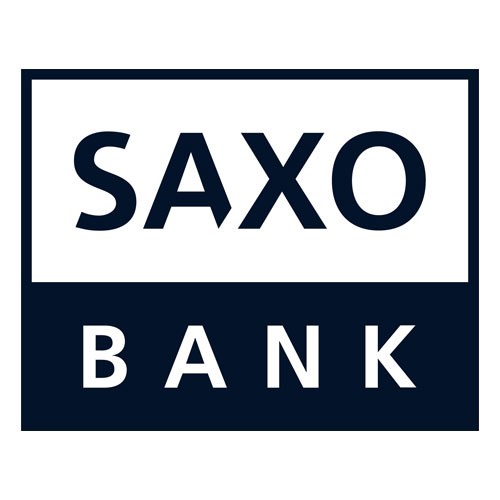
Saxo Bank is a Danish investment bank. It offers investment and online trading services to its customers.
The company was established in 1992 and is regulated by global financial authorities like the UK’s Financial Conduct Authority (FCA), and the Danish Financial Services Agency (FSA).
Features
3. Interactive brokers
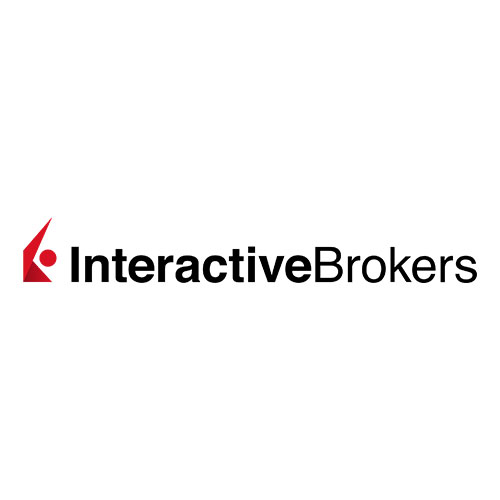
Interactive brokers is discount-based brokers based in the US, established in 1977.
It is one of the biggest US-based brokers regulated by several global financial authorities like US Securities and Exchange Commission (SEC) and the UK’s Financial Conduct Authority (FCA).
It is the safest trading platform with a license from top-tier regulators.
Features
4. OctaFX
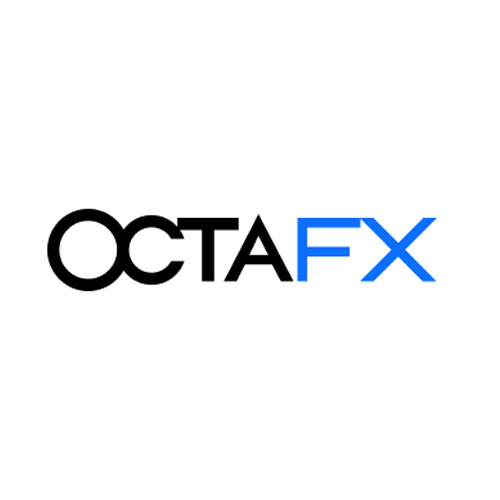
OctaFX was launched in 2011, and it provides a wide variety of trading options to its clients. The initial deposit amount is relatively low.
It is a MetaTrader platform. This platform is designed to fulfill the needs of the clients and investors at all levels with its 3 account types feature.
Features
5. FXTM
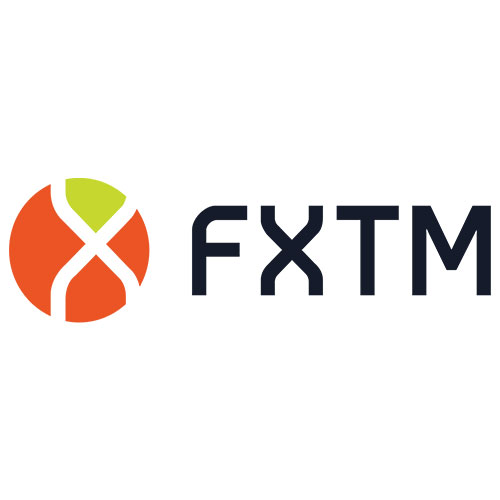
Features
6. FOREX.com
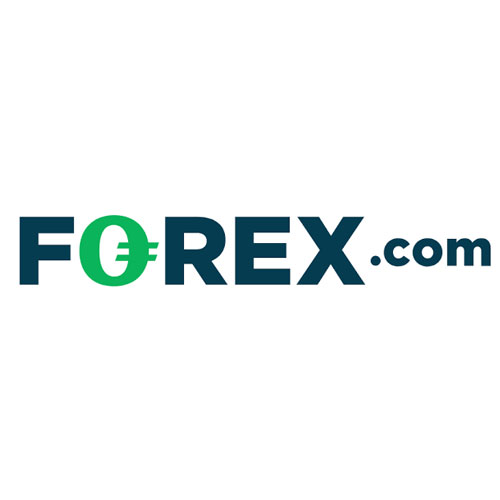
Features
7. AVATrade
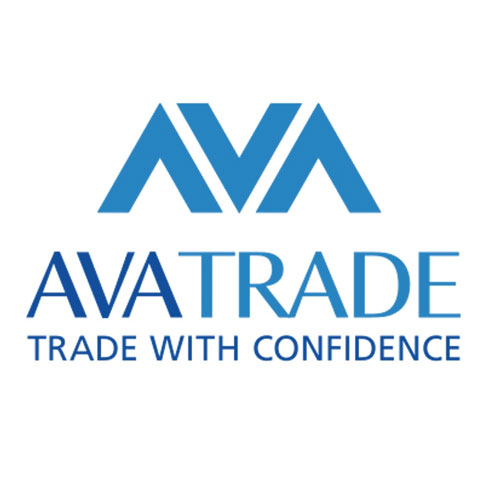
Features
8. CM Trading
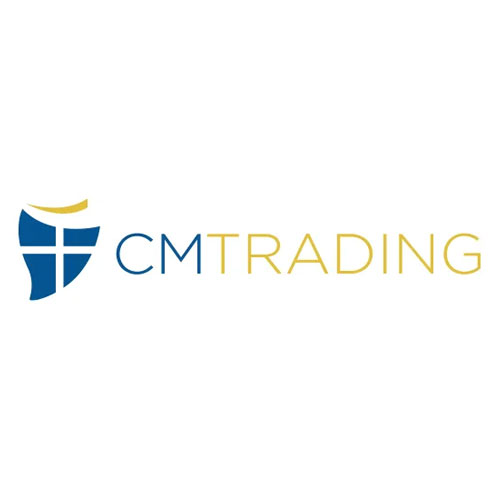
Features
9. Plus500

Features
Pros and Cons of best forex trading app in india
Pros
- Low Costs: The cost of online forex trading is low. The brokers charge from less to no commission. The brokers make profits through spreads between forex currencies. There are no separate brokerage charges which also eliminates the overhead costs.
- Fast Returns: Forex Market is the most liquid market along with higher leverage. So the traders can expect high and potentially faster returns from the forex markets compared to traditional stock markets.
The forex market has a rapid pace, and it helps to lessen the opportunity cost for the traders. - Liquidity: The significant value of daily trading in the forex market provides liquidity at its highest level. It means that there are no price anomalies and price manipulation.
High liquidity can also help to easily fill large orders with no price deviations. Due to high liquidity in the forex market, the price range and price patterns remain the same during non-stop trading.
Cons
- The complexity of the Price Determination Process: Many global, economic, or political factors influence the forex rates. Due to this, it becomes difficult to draw reliable conclusions and analyse information on trading.
The volatility in forex markets is high because the trading takes place on technical indicators. - Disadvantageous for Small Traders: Even though the forex market trades in large volumes of orders, the small traders are not benefited much from it.
Because most traders are investment banks, financial giants, and other customers, these traders have access to information and technology of the forex market and have the advantage of setting prices. - Lack of Transparency: The broker dominates the forex market because it is deregulated, i.e, there is no centralised authority to regulate the market.
That is why the forex market is not fully transparent. Because it is a broker-driven market, a trader may not get the best piece or may not know how orders are fulfilled. The best solution to this is to deal with selected and regulated brokers.
How to Rate Forex Brokers in India?
The following points stated below are the standards against which a Forex Broker can be rated:
- Broker Analysis and Education: Every broker should provide a comprehensive course to its traders and a demo account facility. It will help educate the traders about the various aspects of the forex market.
The brokers should ensure the supply of detailed market analysis to the traders and should proceed with innovative learning and research tools. - Regulated Broker: Since the forex market is decentralised and not regulated by any particular authority, the brokers dominate it. It is necessary to check the forex brokers;’ activities and ensure that the brokers behave ethically and legally.
Some top-tier authorities like ASIC, CySEC, and the FCA regulate Forex brokers to protect the interest of traders. - The Trading Costs and Conditions of Broker: One of the major benefits of trading online in the forex market for the traders is very less or no commissions or brokerage.
The Forex brokers should keep the charges as minimal as possible with larger spreads. The execution of trade should be fast and with no intervention.
Forex Risk Disclaimer
The exposure to the risk while trading in securities is very high. The risk involved in margins based on off-exchange derivatives, cryptocurrencies, and foreign exchange trading is considerable.
It extends to market volatility, limited regulations and protections, and creditworthiness, affecting the liquidity or piece of a currency or any other related instrument. But, it is not necessary that all the methods, indicators, or techniques will always yield profits.
It might lead to losses sometimes. Any new comments, opinions, investigations, analysis, price, or any other information provided may not always be correct and are provided as general remarks or comments. There will be no obligation for the information provided.
Understand the nature of the contract and the contractual relationship before entering into any transactions. You are advised only to enter trades that are easy to understand.
Trading in cryptocurrencies, futures, options and other technical financial instruments is not easy and suitable for everyone. Before investing, be cautious of your previous observations, experiences, and financial situation.
There is a considerable risk involved with trading in such complex financial instruments. Make sure to know about the broker's condition and the items listed for trading, and look at the rules and regulations for trading in that particular item.
Consider all these points before entering into a transaction online. The past performance of a financial product, a market, an industry, security, a trading strategy, and a sector does not necessarily mean that it will perform the same way in the future.
Future transactions involve high risk. The financial markets are subject to various rules, regulations, and risks. So invest at your own risk.
The Bottom Line
The Forex Market is a platform where buyers and sellers form a network for currency exchange between each other at an agreed price.
The currency can be traded for travelling abroad, purchasing through or selling to an international client, or these exchanges might be to earn profits. But investing in a forex market is not always profitable. Sometimes it might cause you losses.
The forex market operates as an Over-The-Counter Market, i.e., it is a decentralised market under no compulsion to disclose information to its participants who trade commodities, stocks, monetary instruments, and currencies.
There is no particular regulatory authority to regulate the forex market and it is dominated by the brokers. You should keep some points in mind before selecting your broker.
Enter your text here...
frequently asked question
1. How do I know I can trust a forex broker?
To know if a forex broker is trustworthy or not, check out the regulatory compliances of the broker. Then, look for account features like margin and leverage, spread and commissions eased of withdrawals or deposits, and initial deposit requirements. Also, consider the customer service availability.
2. Is Forex legal in India?
The FEMA Act 1999 regulates the provisions of forex trading in India. The government allows you to trade in foreign currencies through the # major Indian stock exchanges, NSE, BSE, and MCX, between 9 AM to 5 PM.
Although you can open an account with a forex broker, do not transfer funds using Indian modes or cards. Trading in a foreign market is illegal in India and is punishable. Trading is only allowed in the currency pairs having INR.
3. Is OctaFX legal in India?
Yes, OctaFX is a safe trading platform, and it is legal to use the OctaFX trading app in India. It is an excellent choice for traders, and it is registered under the provisions of the Reserve Bank of India.
4. Does Zerodha support Forex?
Yes, Zerodha provides facilities for trading in Forex. You can trade in foreign currencies at NSE or BSE stock exchanges with the help of the Zerodha Trading account. But before trading in currencies, you have to enable the currency trading feature in the app.
5. Does Forex have an app?
No, Forex doesn't have any apps. But many forex brokers and online trading platforms offer you to trade in foreign currencies online using apps or websites. These forex brokers are regulated by various authorities and provide education and professional training to users.

